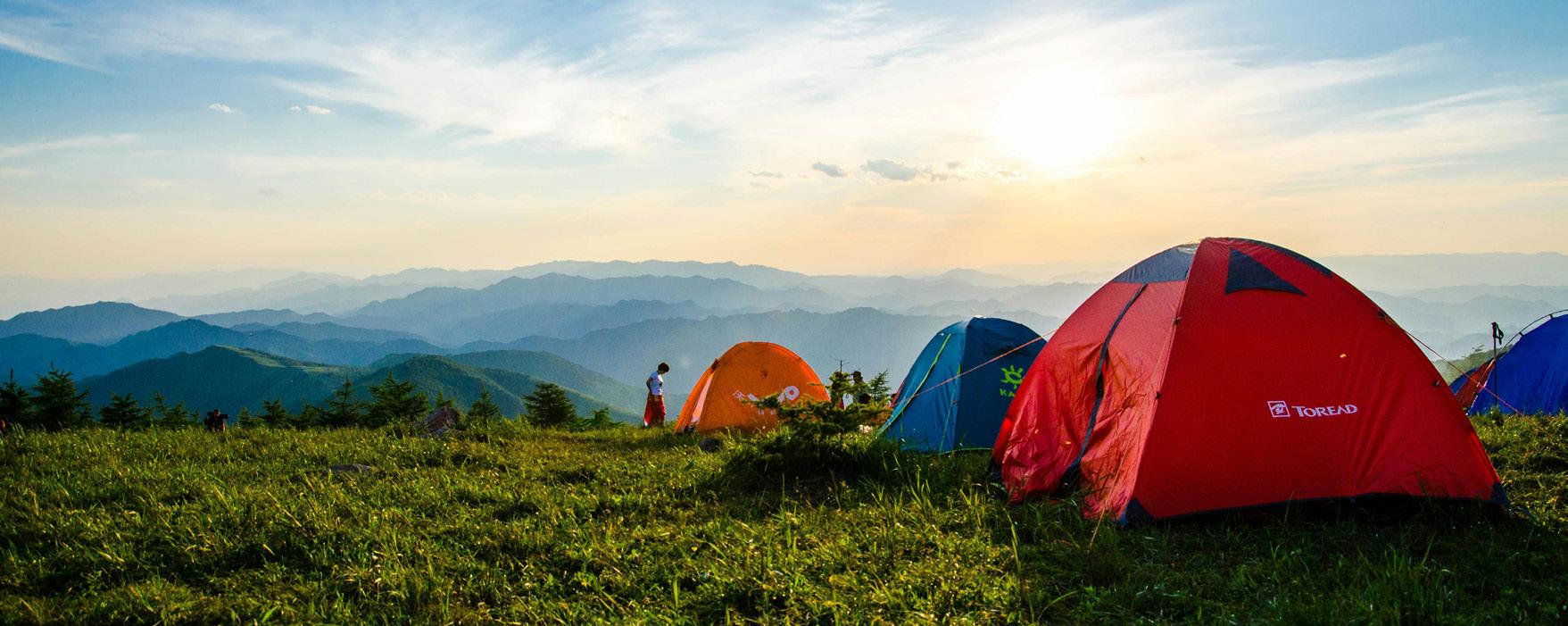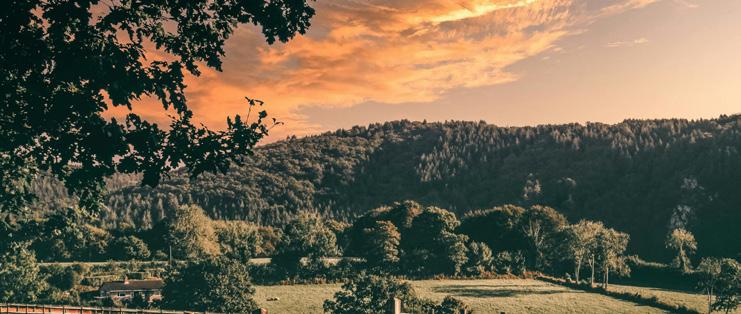
2 minute read
The Simplicity of Camping
Why has the family camping holiday become so popular?
by Alan Neale
Advertisement
Well, because it offers a chance to bond in nature, escape daily routines, and enjoy outdoor activities. It’s affordable, fosters teamwork and resilience, and creates lasting memories. The simplicity of camping encourages connection, relaxation, and appreciation of the natural world.
A family camping holiday is an experience that can be both exhilarating and deeply fulfilling, providing a unique blend of adventure, relaxation, and bonding that few other holidays can match. There are numerous attractions to a camping trip, especially for families looking to escape the hustle and bustle of daily life and reconnect with each other and nature. Here are some of the key reasons why a camping holiday is an excellent choice for families.
1 Connection with Nature
One of the biggest draws of a family camping holiday is the opportunity to connect with nature.
In today’s digital age, it’s easy to get caught up in the demands of everyday life, spending hours on screens and missing out on the beauty of the natural world. Camping provides a wonderful chance for families to step away from technology and immerse themselves in the outdoors.
Whether it’s hiking through a forest, swimming in a lake, or simply sitting around a campfire under a starry sky, the experience of being surrounded by nature can be incredibly refreshing and rejuvenating. For children, in particular, camping can be an eyeopening experience, as they have the chance to explore, discover new plants and animals, and learn about the environment first-hand.

2 Quality Family Time
Another significant attraction of a family camping holiday is the opportunity it provides for quality family time. In our busy lives, finding time to spend together as a family can be challenging. Camping encourages families to work together, whether it’s setting up the tent, gathering firewood, or cooking meals. These activities foster teamwork and create lasting memories. Without the distractions of work, school, and digital devices, families can engage in meaningful conversations, play games, and share stories, strengthening bonds in ways that are often difficult to achieve in everyday life.


3 Learning New Skills
Camping is a fantastic way for both adults and children to learn new skills. From basic survival skills like building a fire and pitching a tent to more advanced skills such as fishing, navigation, and wildlife tracking, camping offers numerous opportunities for learning and growth. Children, in particular, can benefit from the hands-on learning experiences that camping provides. They can learn about the importance of teamwork, develop problem-solving skills, and gain a sense of independence and responsibility. These skills are not only valuable in the context of camping but also in everyday life.

4 Promoting Physical Activity
Unlike traditional holidays, which often involve a lot of sitting and relaxation, camping encourages families to get up and move. Hiking, swimming, canoeing, and even activities like collecting firewood or playing outdoor games can help keep everyone active and healthy. For children, in particular, the opportunity to run around and explore the natural environment can be both exciting and beneficial, helping to improve their physical fitness and coordination.
5 Cost-Effective Holiday
In addition to the many experiential benefits, a camping holiday is often a more cost-effective option compared to other types of holidays. With no need to spend money on expensive hotels, restaurants, or theme park tickets, camping can be an affordable way to take a break and enjoy a holiday. The savings on accommodation and food allow families to spend their money on other things, such as camping gear, which can be used for many trips over the years.
6 Environmental Awareness
Camping provides a great opportunity to teach children about environmental stewardship and the importance of protecting our natural resources. By spending time in nature and learning about the plants, animals, and ecosystems that make up our environment, children can develop a greater appreciation for the natural world and a sense of responsibility for its preservation.











